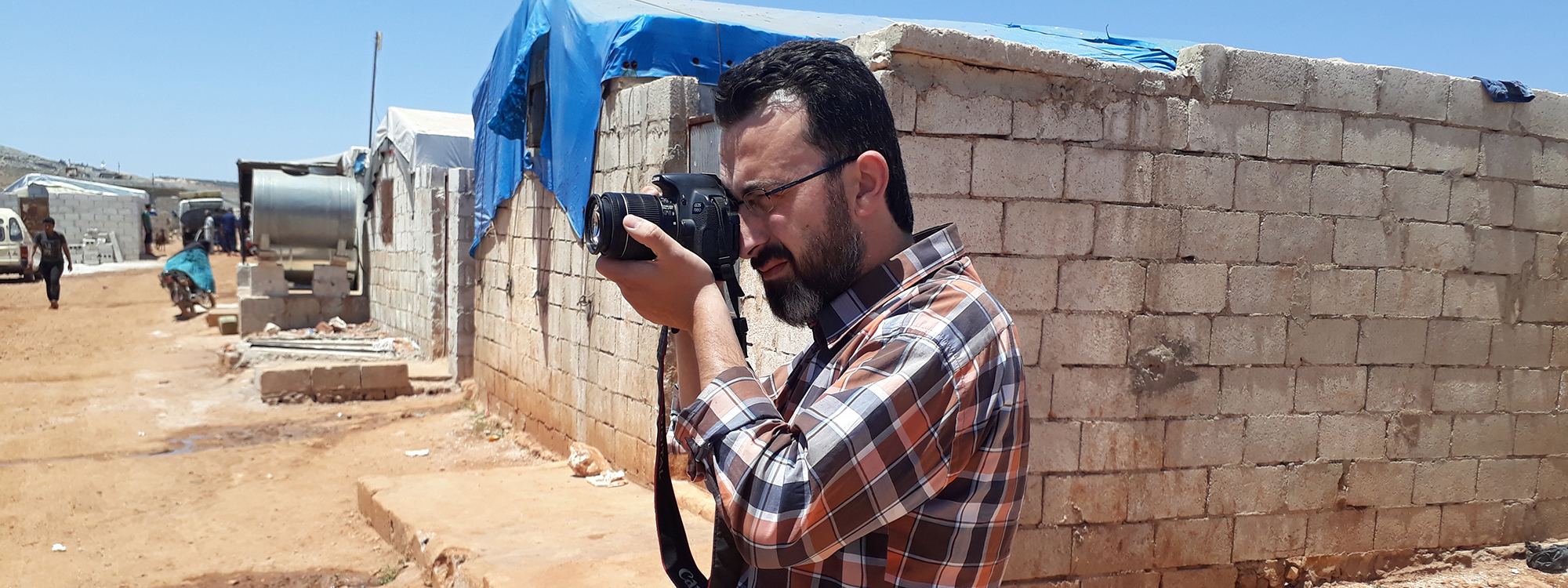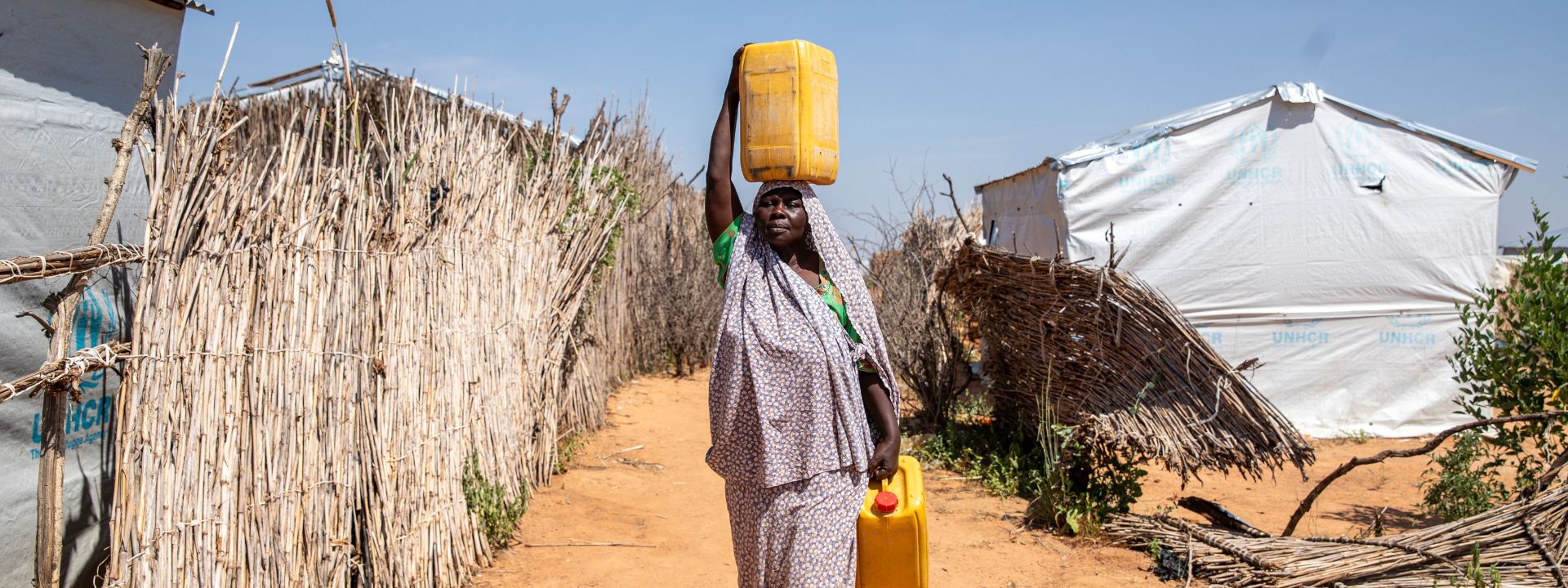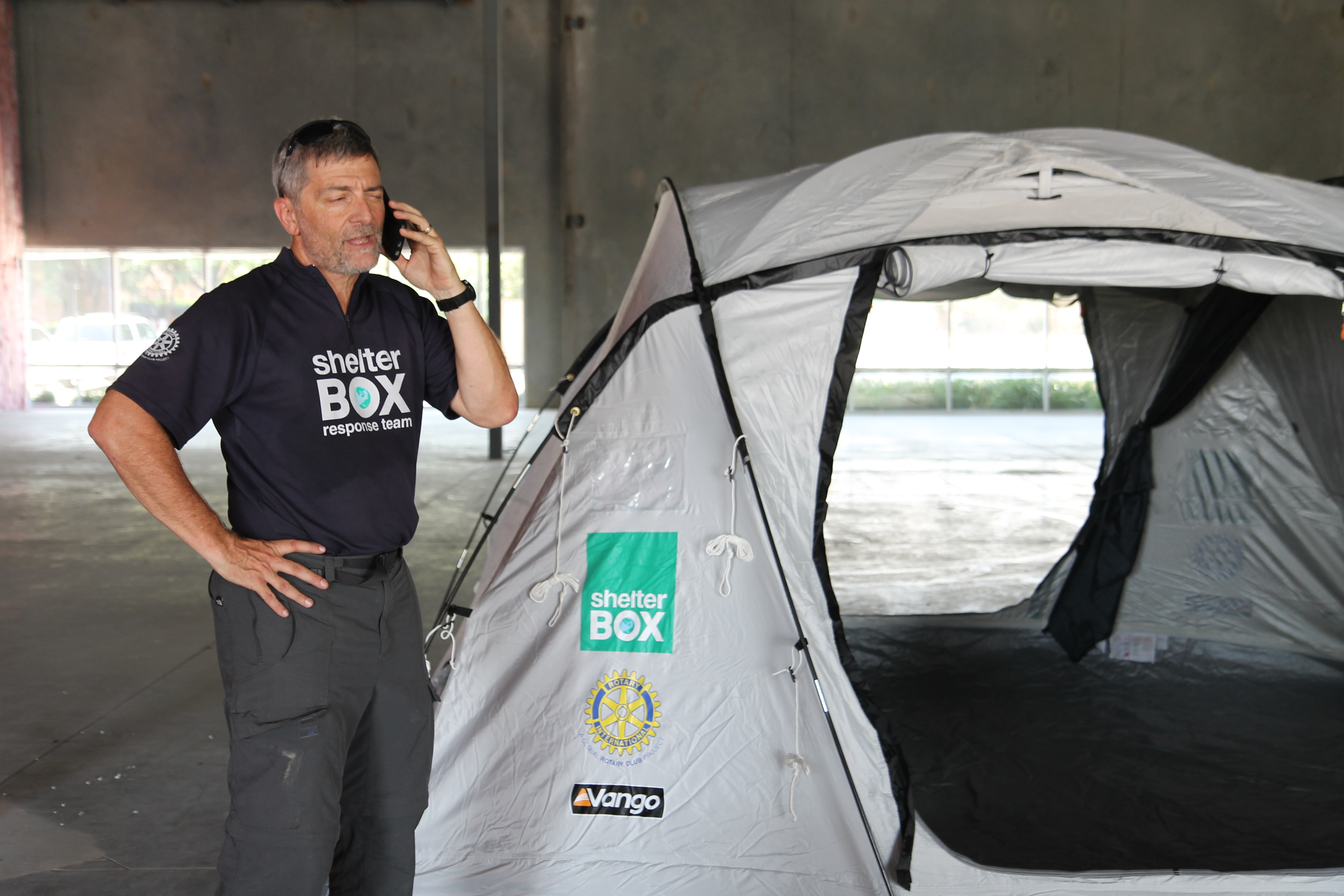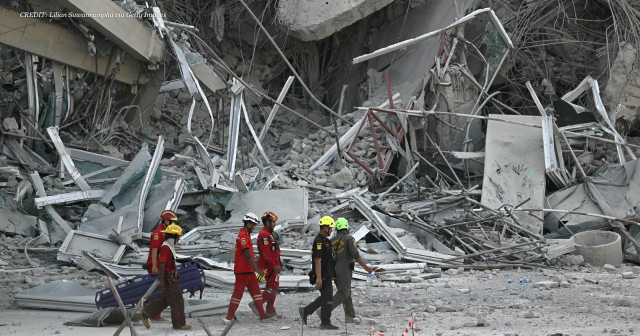
Blog
Interview with Mustafa, ReliefAid Worker in Syria
ReliefAid is one of the incredible humanitarian organisations that we partner with in Syria. We have worked together for many years and they help us provide vital emergency shelter and other essential aid items to Syrian families whose lives have been turned upside down by the war.
Mustafa is a photographer working for ReliefAid. In this interview, he tells us what it’s like to work with families fleeing the war.
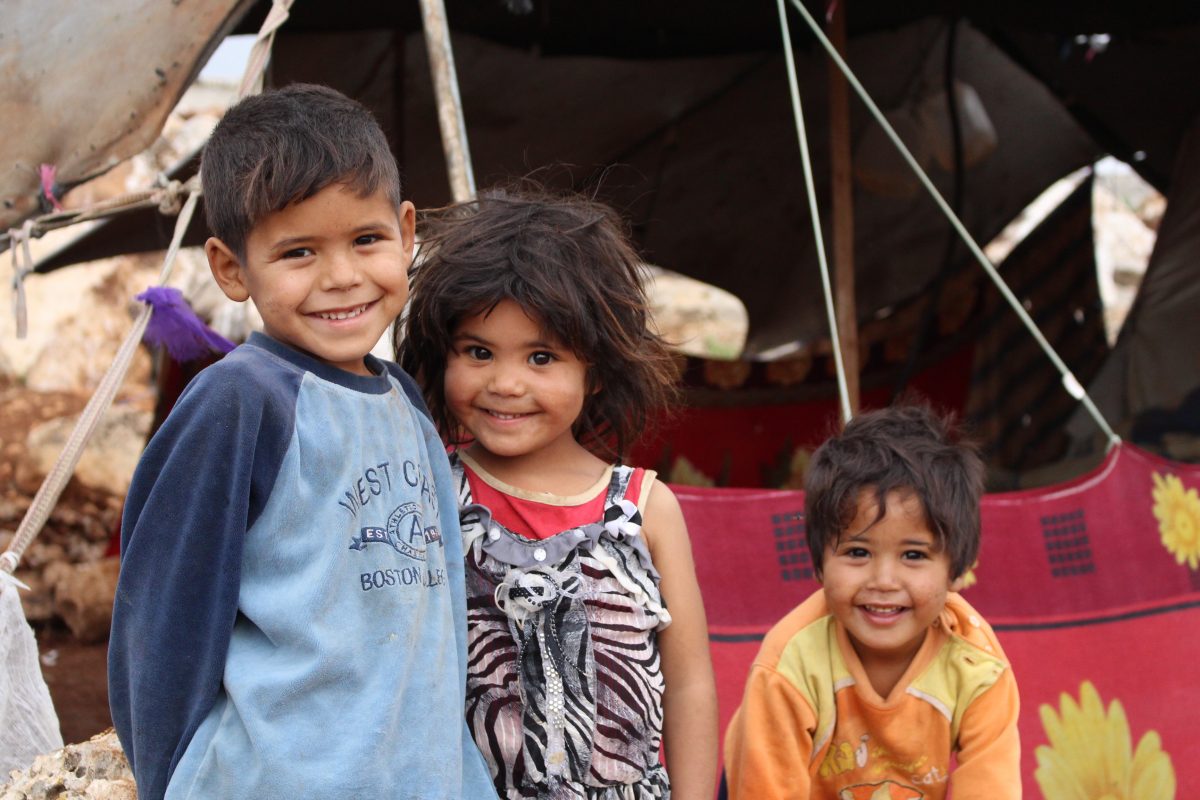
‘I love to capture the beauty and spontaneity of children, who laugh easily despite the horrendous conditions they live in’.
Tell us a bit about yourself?
My name is Mustafa, I am the director of the ReliefAid office inside Syria and I have worked with them since 2016. Before the war I graduated from the Faculty of Economics in Aleppo and worked as an accountant in several commercial companies.
How have you been affected by the war in Syria?
The war has affected everyone here. The war has separated me from my family. My sisters left Syria as refugees, one is in Austria and the other in Turkey. I have been displaced from my home in Aleppo for two and a half years.
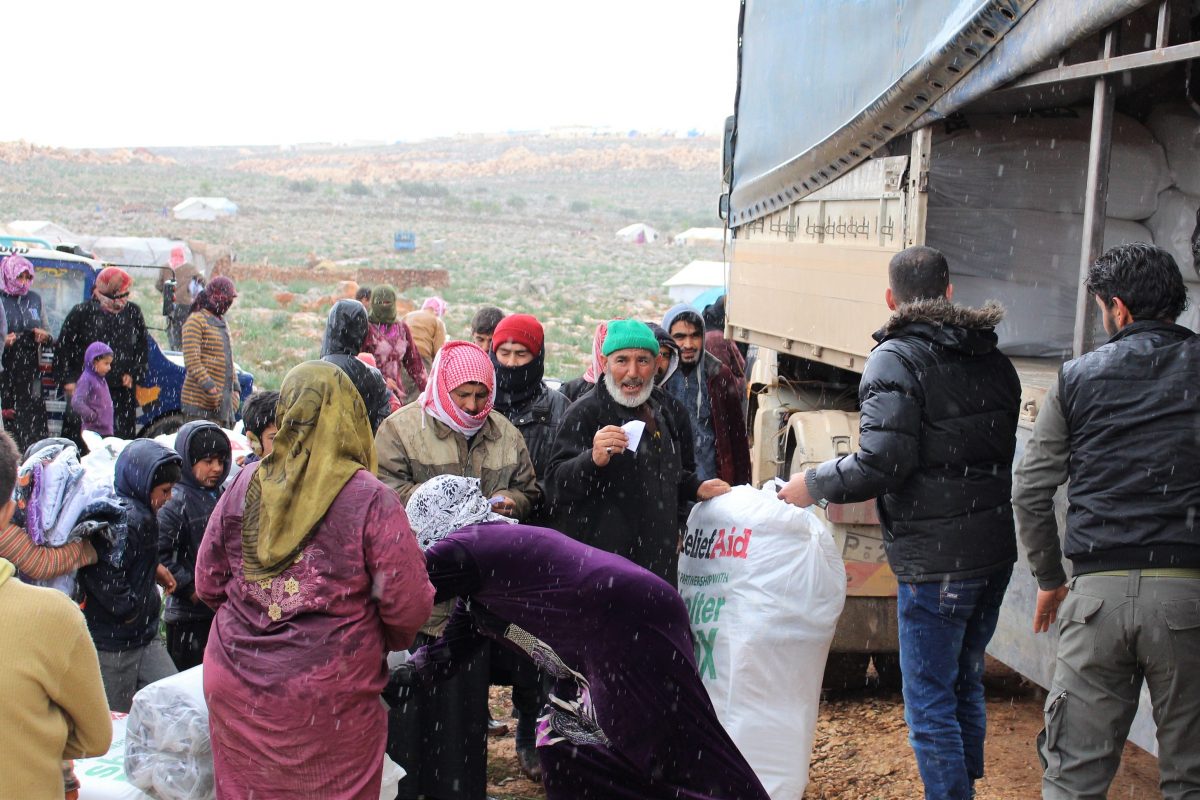
‘I am proud of our team. They try to do everything they can, including delivering aid to people even when the factors and conditions are hard’.
What is the most difficult part of taking photos in war zones and camps? Do people mind you taking their photos? How do you feel about your job as photographer?
The camp is a closed society so the difficulty in taking pictures is that people think we are invading their privacy until we explain that we want to help them. I feel happy when I’m taking photos because I’m helping people.
What do you mean by a ‘closed society’?
I mean the camps often comprise people from one village, or from neighbouring villages, so they have their own culture. They are wary of strangers coming into their lives and taking photos of them.
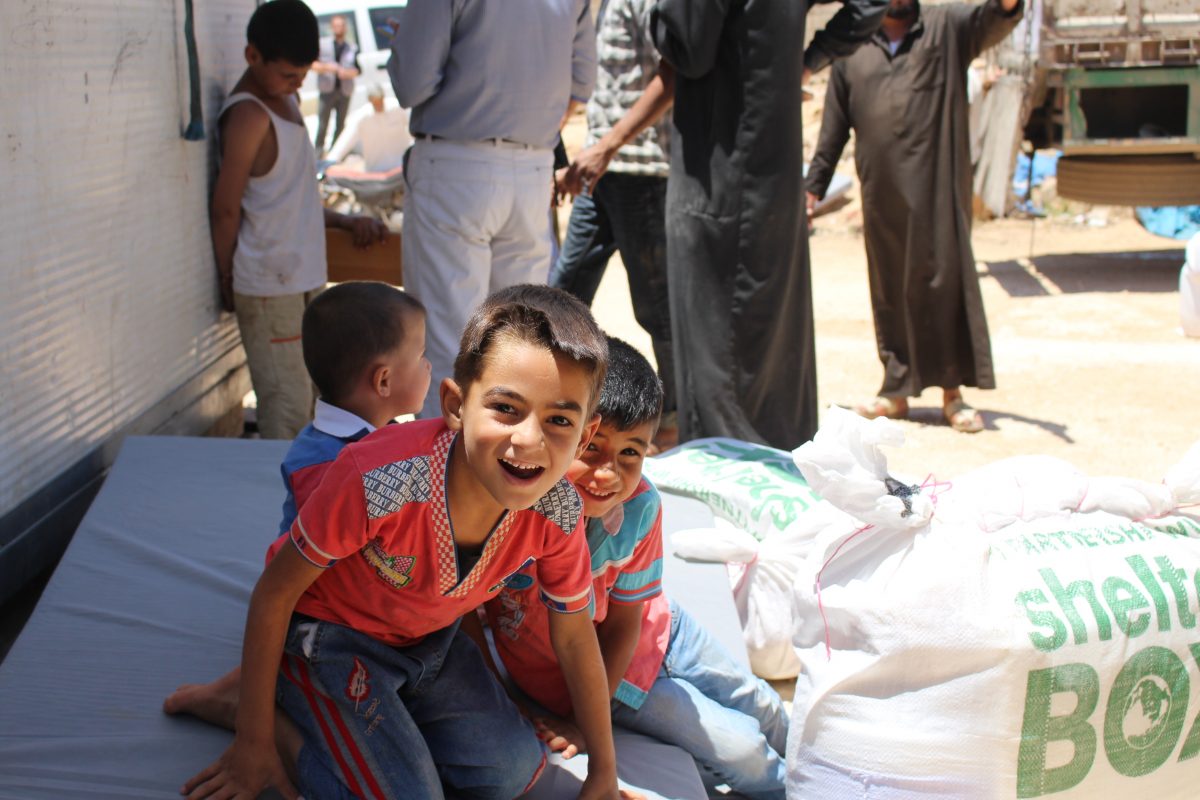
‘Having lost my home and seeing my own family separated, I find that laughter is the best incentive for us to continue our work and overcome life’s difficulties’.
You take some lovely photos of children. How do children react to having their photos taken? How does this make you feel?
In general, children are less sensitive to the subject of photography, especially after I share the photos with them. Showing them photos makes them happy, which makes me happy too.
How do you hope your photos will be used?
I hope that my photos will reach the largest number of people possible so that they know how bad the situation is and understand what life is like for people living here.
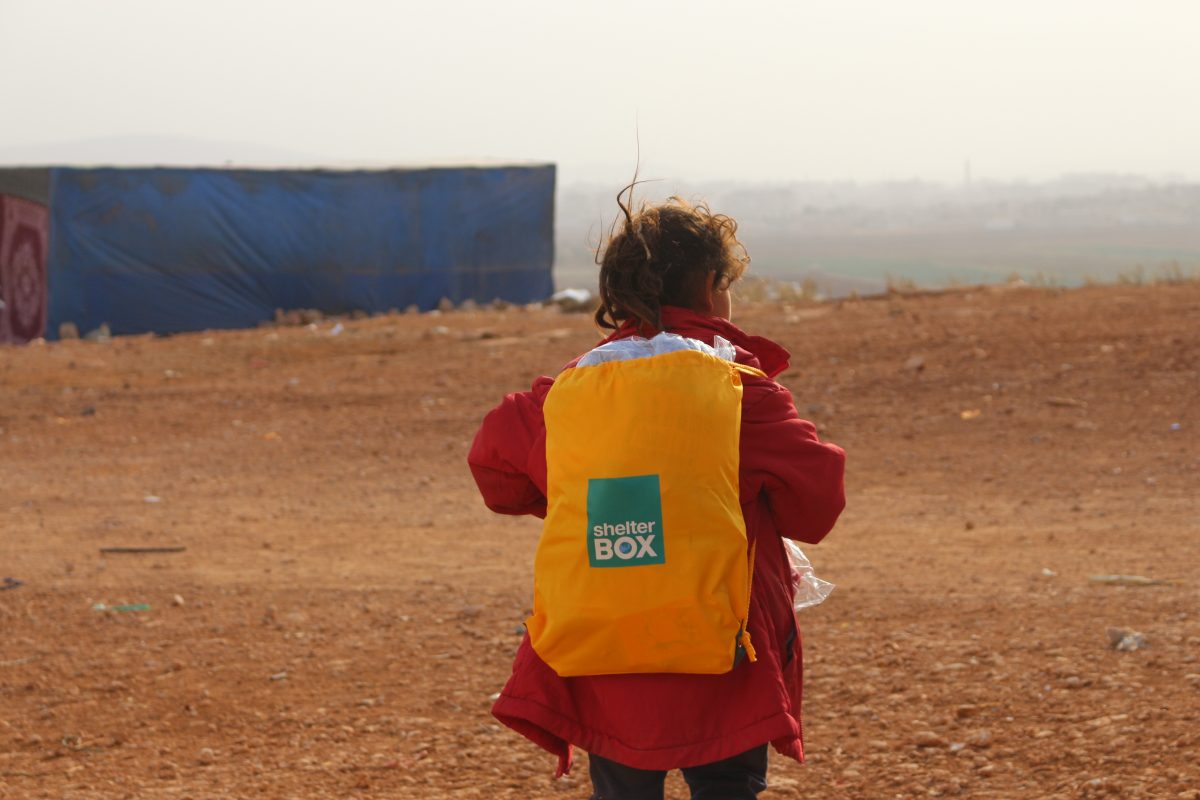
‘As a father myself, I strive to help children have a normal life. This day we took education materials to many children in random camps. It was a special moment watching them going back to their families, bags on their backs’.
Looking to the future, what are your hopes?
I dream like every Syrian person that the war ends and we return to our homes and that the children get a better life and that the life of the camps ends.
Can you tell us anything else about your life in Syria?
I am a father of three children. The youngest are twins born two months ago.
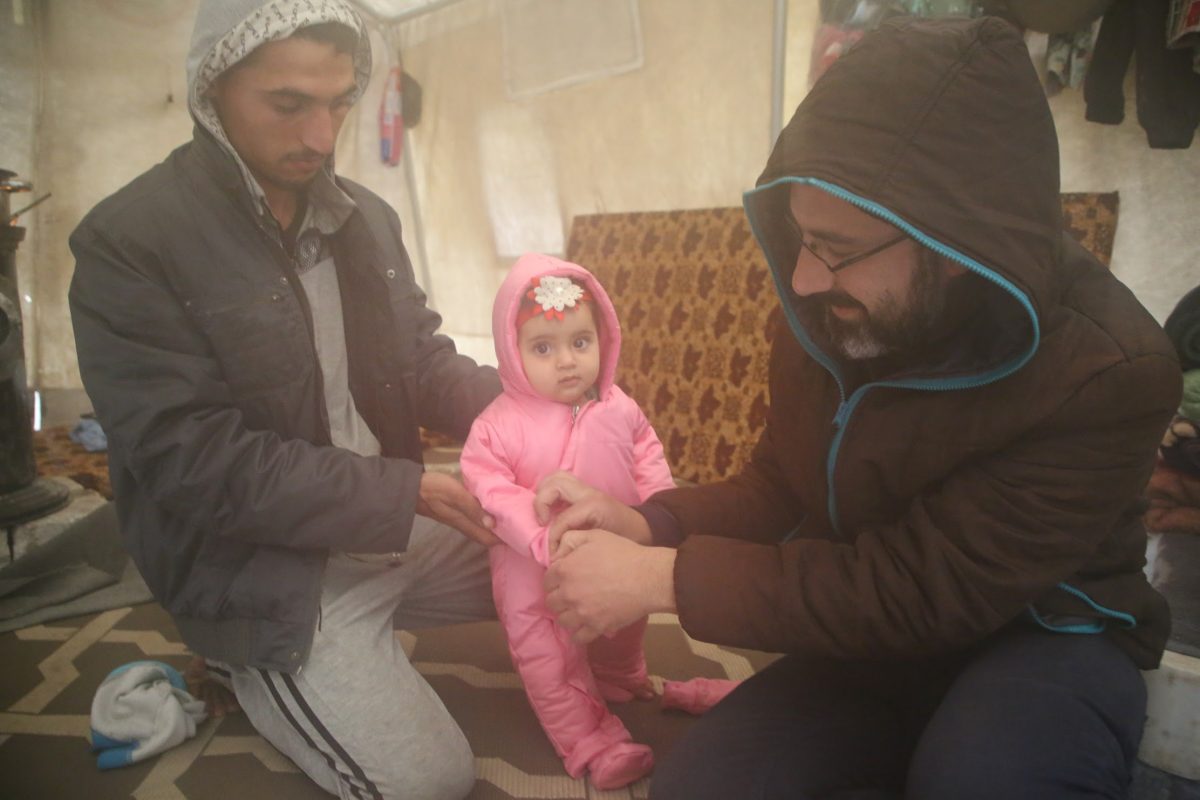
As a father how much do you worry about your safety and the safety of your children?
Of course I am concerned about my children from all aspects such as safety, health and education. This is the result of the bad conditions we live in, in Syria, but I believe that our lives here must continue and I strive to protect my children.
Your work is very difficult and it must be sad seeing so many people needing help. How do you look after yourself?
For me and the team we have chosen to work in this field for several years. Yes, it is difficult and sad, but we put this to one side and encourage each other to continue and not stop helping people. For me I am happy to do this work and I will continue as long as I can help people in need.
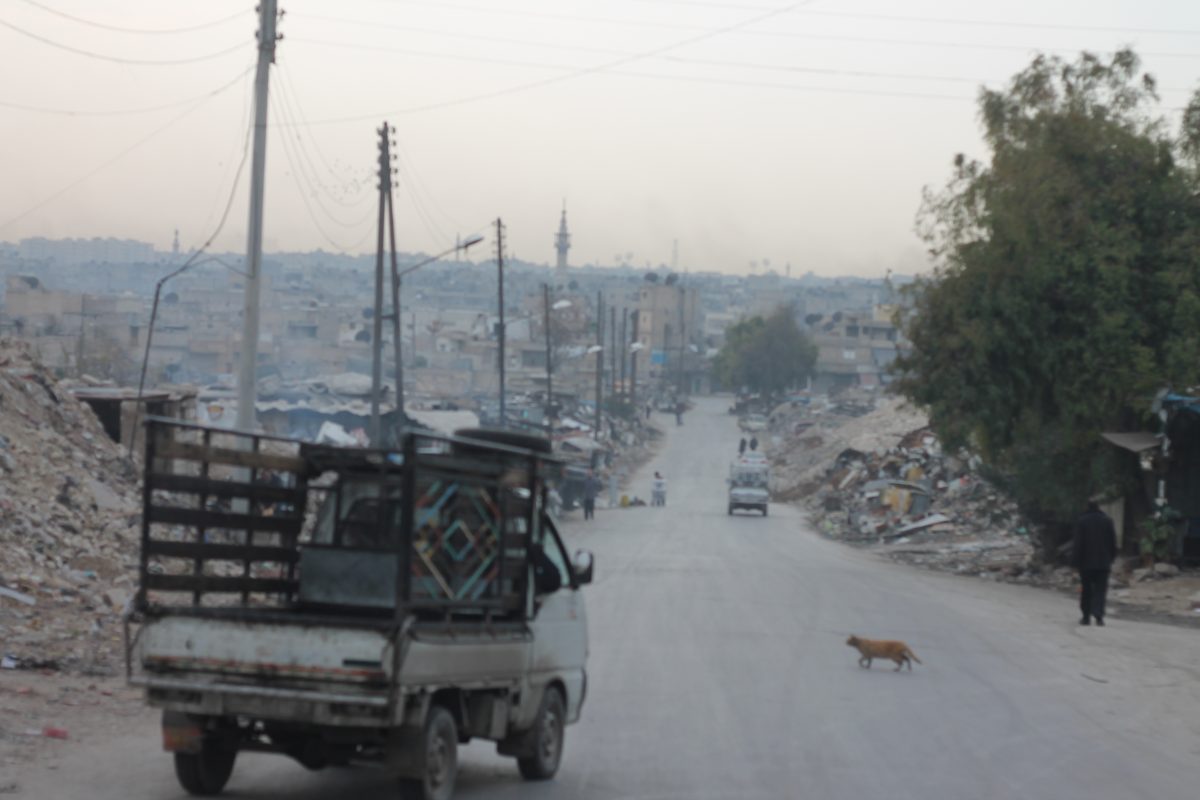
‘This one of my first photos. The road was subject to intensive bombing from planes which killed many people and friends. Now whenever I look at this picture I remember my city and I feel sad’.
As the conflict in Syria enters its 10th year, millions of people remain displaced, unsure if they will ever be able to return home.
Working through our partners on the ground we’ve supported over 250,000 people fleeing the unimaginable danger with essential aid.
Right now, coronavirus is another deadly threat looming over displaced families in Syria. Despite the challenges, we are still responding.
We continually seek new ways to tackle the challenges we face, proactively researching new ideas and adapting to changing circumstances.
Travel restrictions will make our work more challenging, however, we are committed to providing vulnerable families with a place to call home through this coronavirus outbreak. Our powerful partnerships are going to be more important than ever.
If you’d like to know more about how coronavirus is affecting our work, please visit our FAQs.

